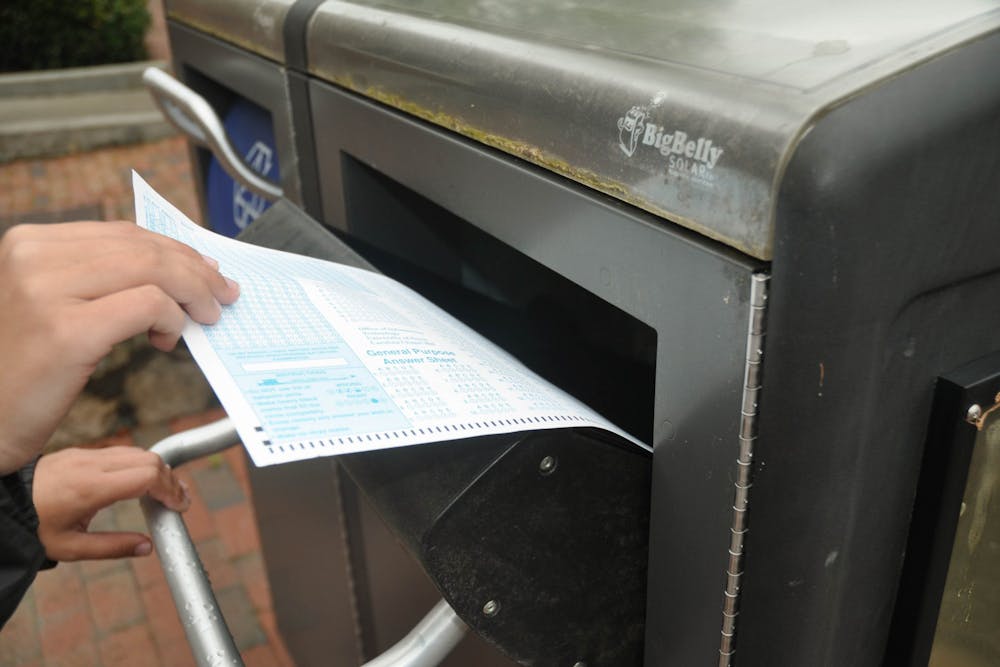We all remember the stress of studying for the SATs, the hours of work and the long-anticipated wait for scores to come back once again.
Of course, this comes alongside the stress of filling out extracurriculars, maintaining a good GPA and leadership positions, as well as overall committing to activities that show you are a well-rounded student.
This experience will not be shared with students to come, such as the UNC System Board of Governors has decided to extend its policy to waive standardized tests in applications. What was once a reaction to the academic difficulties brought on by the COVID-19 pandemic is now a policy that extends itself into 2024.
Standardized testing is inaccessible for many people, as tests, prep material and tutoring can be costly. Because of this, there are disadvantages encountered by low-income students, who must grapple with the cost of sitting in the testing center, as well as those accompanying prep books and services to improve their scores — all to avoid having to pay to retake the exam.
UNC waiving the standardized testing requirement makes the application more equitable across socio-economic classes; however, with as much emphasis that has been put on the SATs and ACTs in the past, it is important that GPA and extracurriculars do not become a substitute.
The way that UNC will be looking at applications in the future without the test is called a holistic approach, meaning that they will weigh all application materials equally.
It is important that this approach is maintained so that GPAs do not replace the numerical definer that the SATs and ACTs once were. This is imperative because schools across North Carolina and the country have different GPA scales and difficulty levels, so comparing them to each other would not be as clear and definite as nationwide testing.
Without testing, extracurriculars and the essay components of the application will be looked at more heavily.
While these components may not be as easily affected by socioeconomic status as standardized testing, people with more wealth still have access to more opportunities for success.




